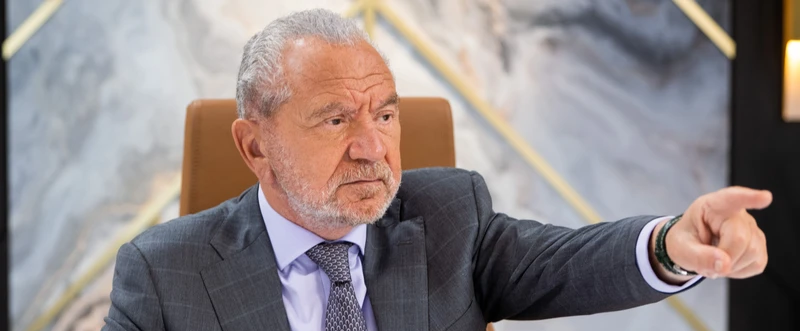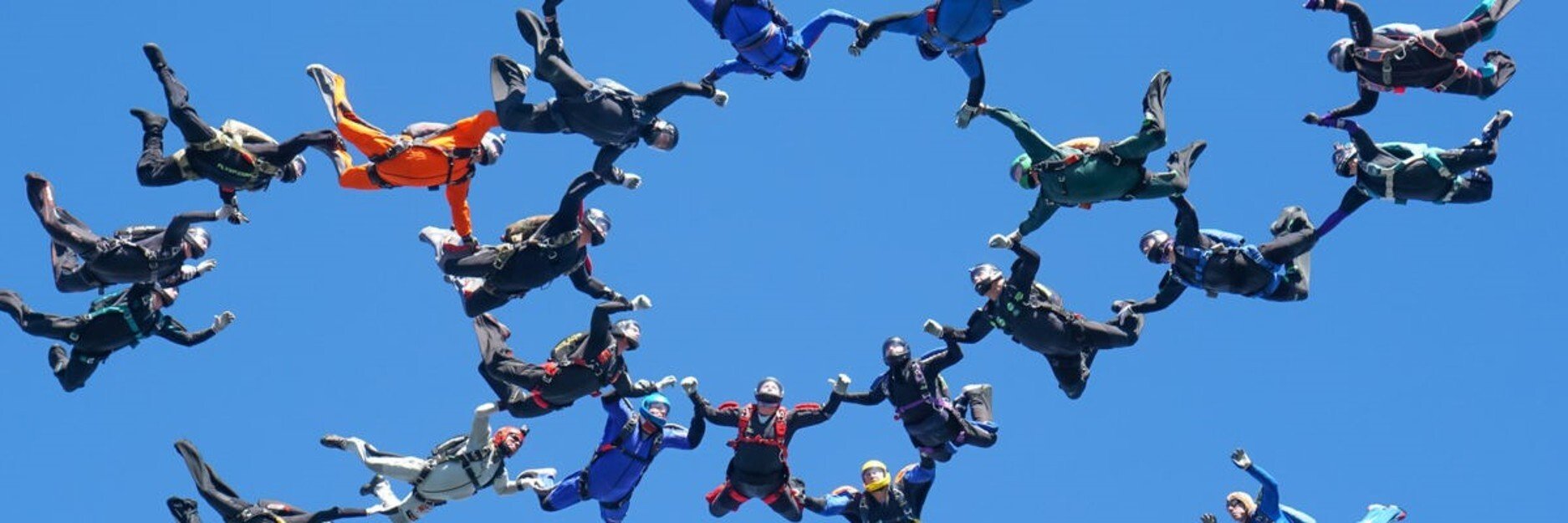Share this
Do you remember where you were on the morning of July 7th, 2005?
If you were in London, you likely do. That was the day terrorists attacked the city's transport network, killing 52 and injuring many more.
I was at my desk at Starbucks’ UK Support Centre in Parsons Green. At the time, Starbucks had nearly 500 stores across the UK, grounded in the purpose of being a “3rd Place” – a space between home and work built on human connection, care and trust.
We learned early that something was wrong. One of our Area Managers had been on a carriage next to the one that exploded at Edgware Road. He phoned his Regional Manager while being treated by emergency services. It soon became clear that London was under attack.
Our crisis protocols kicked in. We held urgent briefings and quickly agreed that the 50 central London stores should close. Each store manager was told to account for their teams, contact others to stay home, and shut the store so those on duty could begin the long journey back to their families.
Later that day, I began ferrying colleagues out of the city by car. As we drove through Fulham and Olympia, we noticed something unexpected: Starbucks stores were still open – and busy.
Store managers had followed the instructions to contact and account for their teams. But not one had chosen to close. Their message was clear: “Thanks for putting us first, but our customers need us more than ever. They need their ‘3rd Place.’ We’re staying open. And if people can’t pay, we trust they’ll settle later.”
We had not been disobeyed – we had been trusted. What we issued as instructions had been received as permission. The care we showed to our partners was extended outward – to customers and community.
In the weeks that followed, I learned that trust breeds trust. When it’s built into a culture, it becomes a living thing. Fragile yet solid. And when it’s needed most, it shows up – and pays forward.
These Related Stories



No Comments Yet
Let us know what you think